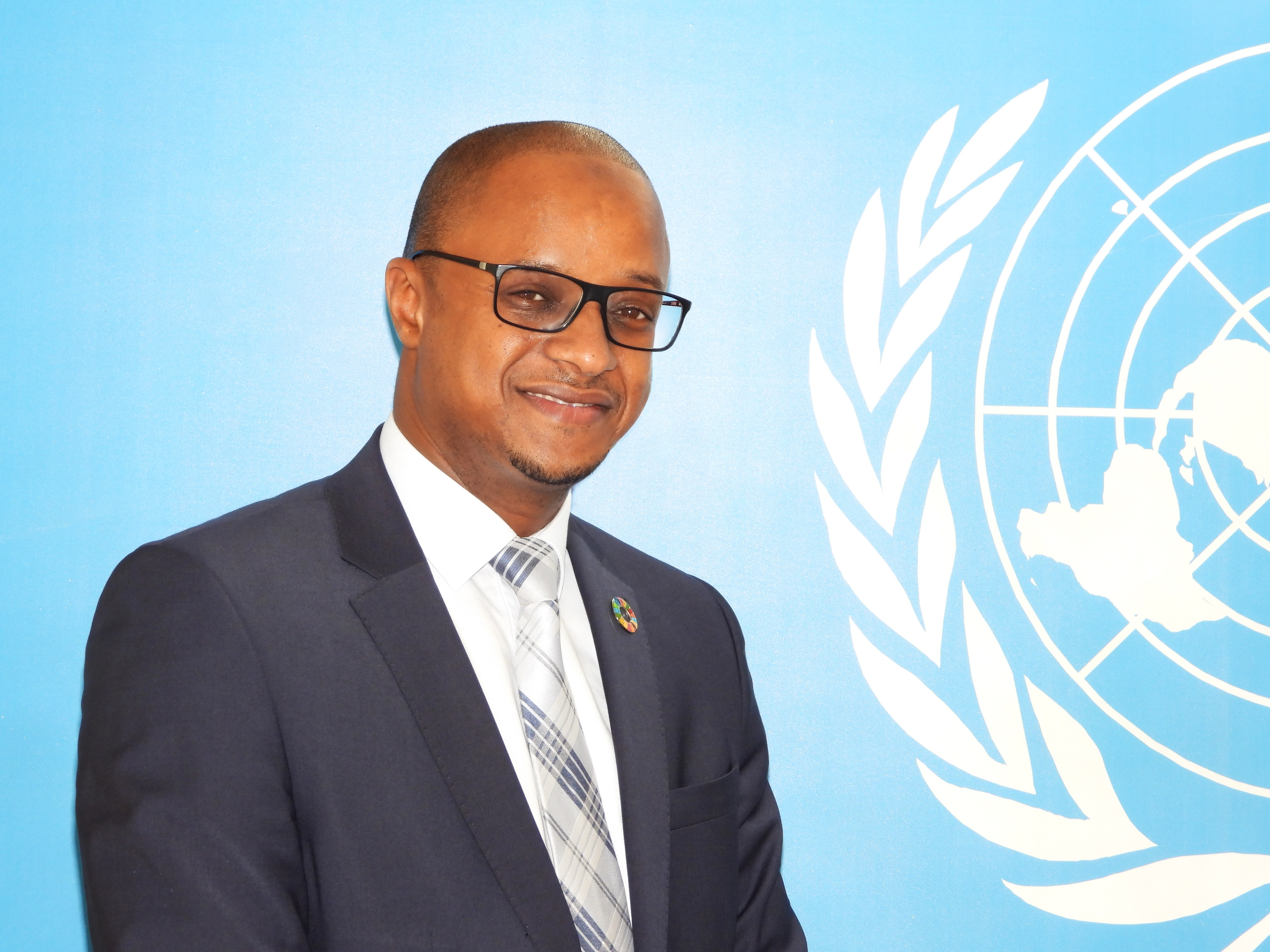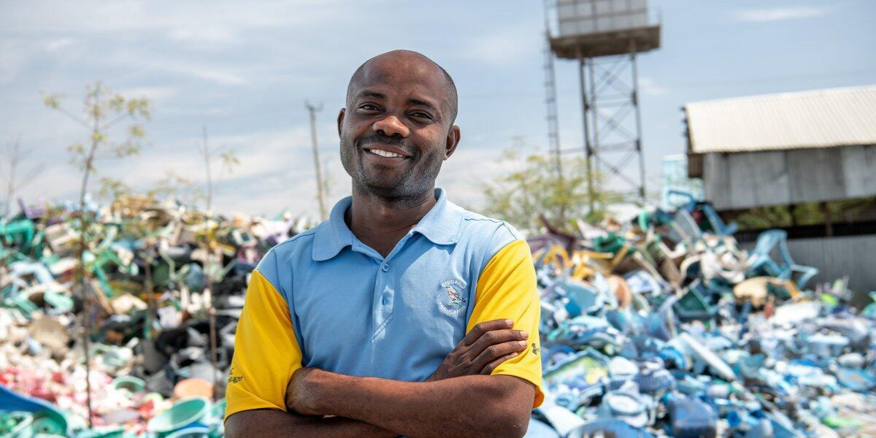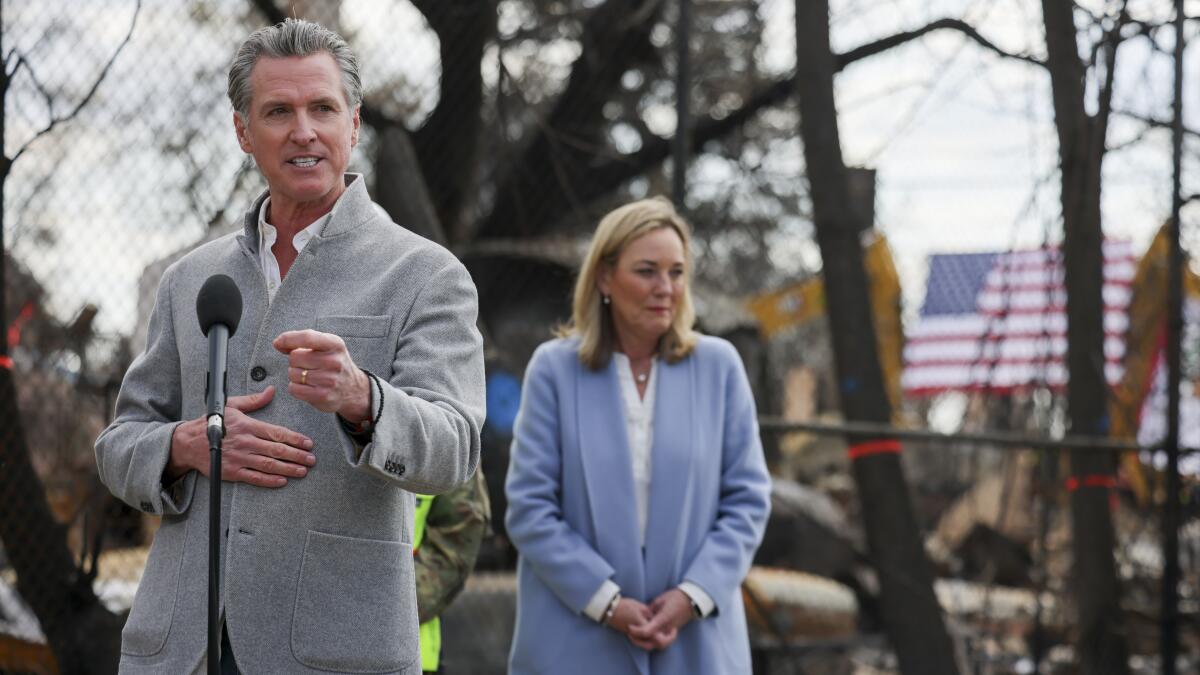UN Taps Mamadou Kane: Mauritanian Diplomat to Lead Micronesia Mission

In a strategic diplomatic move, United Nations Secretary-General António Guterres has selected Mamadou Kane from Mauritania to serve as the UN Resident Coordinator in Micronesia. The appointment, which received full endorsement from the host government, marks an important step in strengthening regional diplomatic relations.
Kane's role extends beyond Micronesia, as he will also oversee critical programme matters in several Pacific Island nations, including Kiribati, the Marshall Islands, Nauru, and Palau. This comprehensive mandate underscores the UN's commitment to supporting and developing these small but strategically important island states.
The appointment highlights the organization's dedication to promoting international cooperation and providing targeted support to regions with unique developmental challenges. Kane's extensive experience and regional expertise are expected to be instrumental in advancing the UN's objectives in these Pacific communities.








